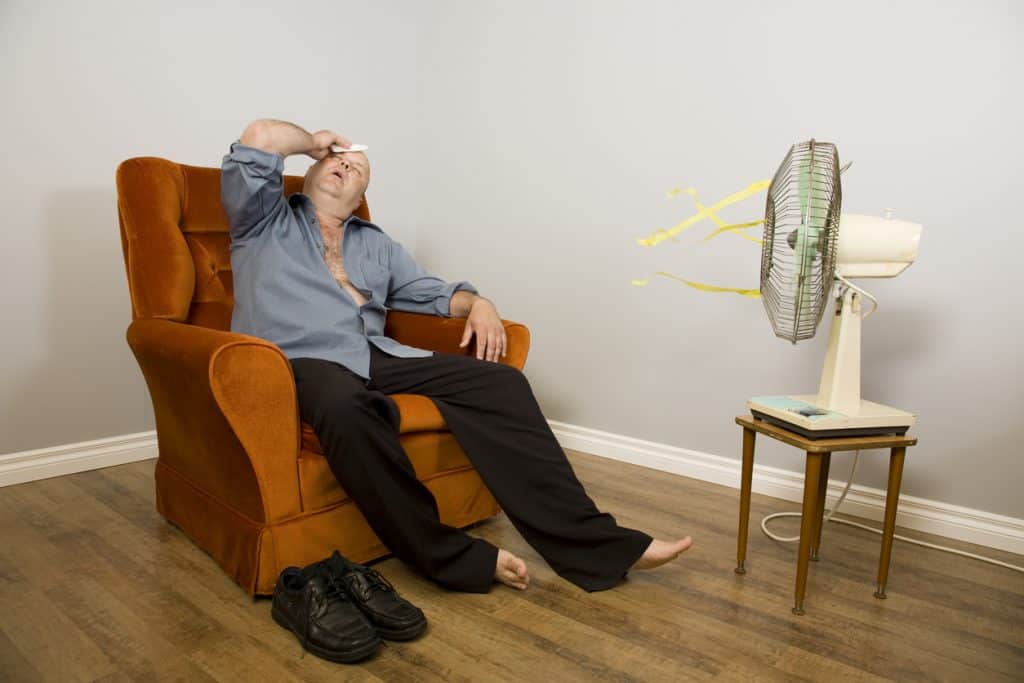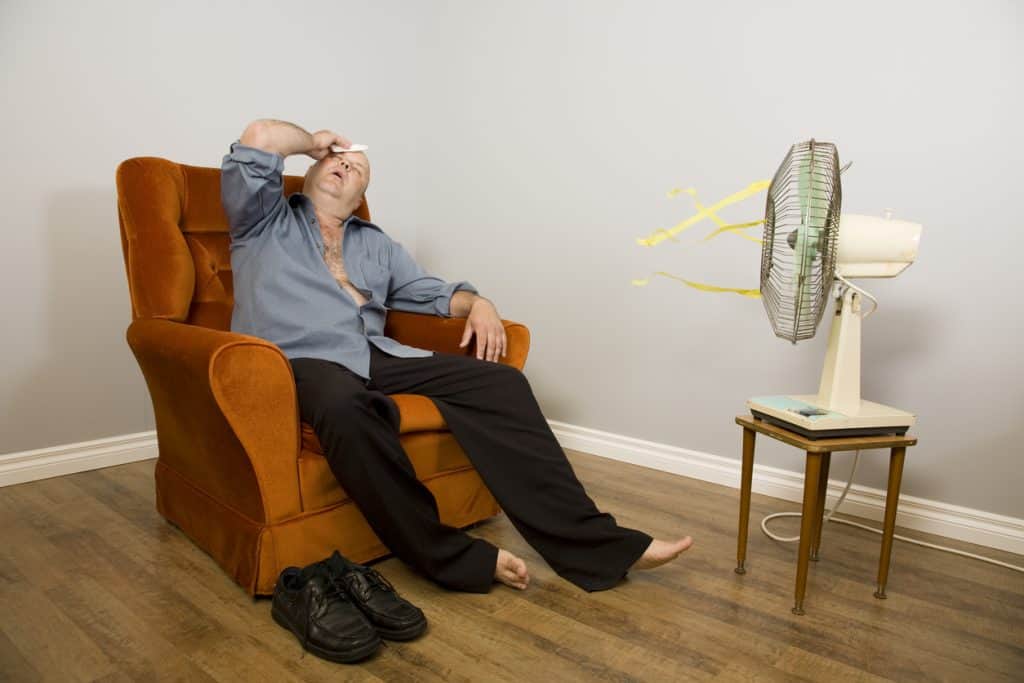
Humidity is uncomfortable. It can cause allergies from mildew and dust mites. It causes our bodies to sweat more and release heat less efficiently. High humidity also makes the temperature outside feel hotter than it actually is. It only takes four to six pints of water to raise the humidity level inside of 1,000 square feet from 15% to 60%. Luckily, there are ways to reduce humidity and make life at home enjoyable.
Ventilation
First, you want to ensure that your house is well ventilated, including the attic. Pay close attention to rooms and areas that create moisture like the kitchen and bathrooms. If you or your family members like to take long hot showers use vent fans. Let them run longer than you think in these rooms. When cooking, try and cover your food as much as possible. Take advantage of the exhaust fans in your kitchen as oven and stove top cooking produces more moisture than slow cookers. Washing machines and dryers also affect the amount of moisture found in the air. If your house does not have vent fans, open a window to allow fresh air in and to circulate moisture out.
House Plants
House plants are great, but do not help in reducing humidity as they release vapors into the air. If you can, place them outside for a little while or put them all in one room. If you have lots of plants, think about cutting back.
Air Conditioning
Running your air conditioning costs a little more but does best to remove moisture from the air. Check the air filter. If it is dirty it may cause your unit to freeze and create excess humidity. Check your windows as well. North Texas heat is not dry and if there are cracks the outside air during the summer months may be creeping in and causing humidity. Also check that there is proper drainage around your house.
If humidity is a chronic problem consider purchasing a dehumidifier. They are commonly placed in basements and work best with closed doors and windows. For proper circulation, they must be placed away from walls and furniture.












